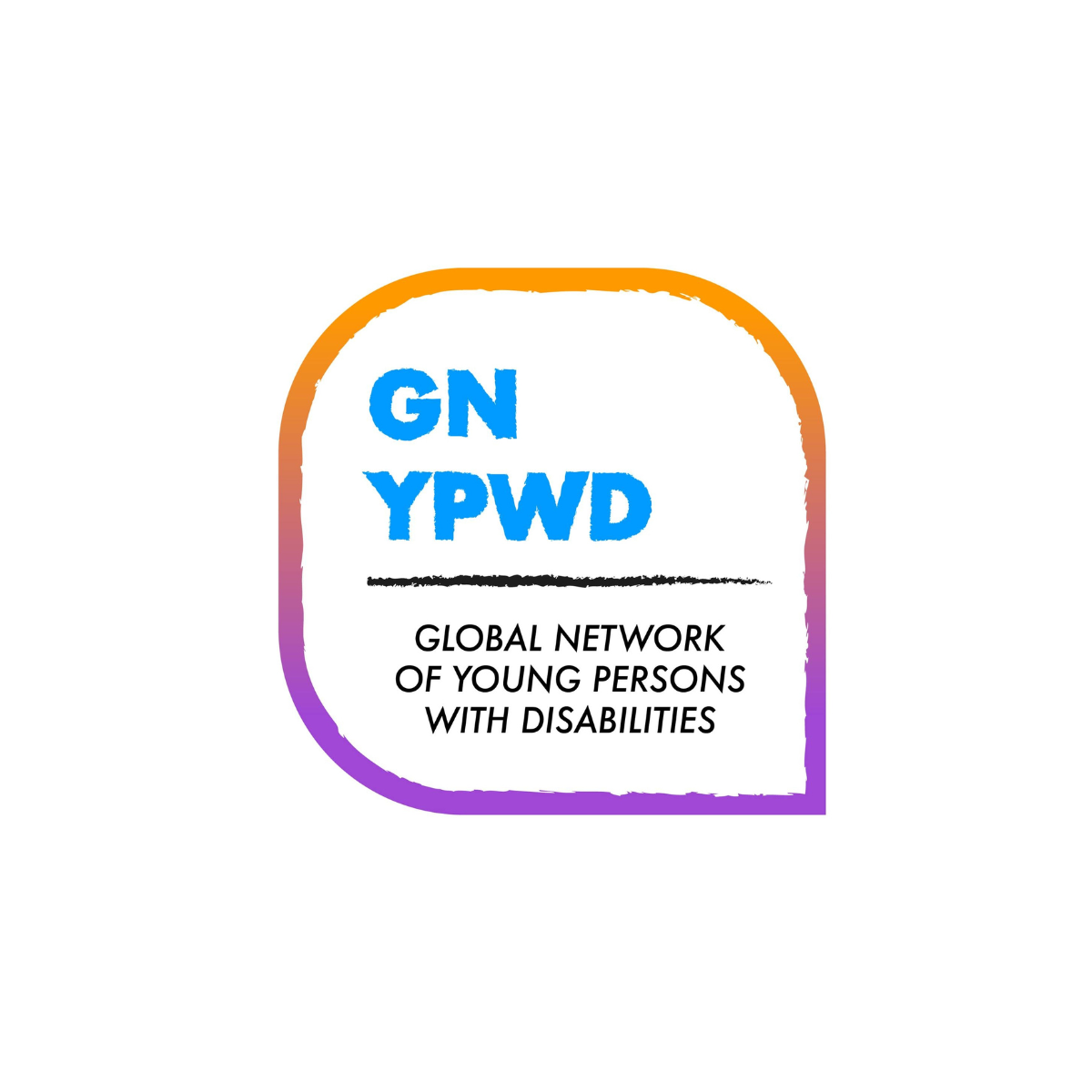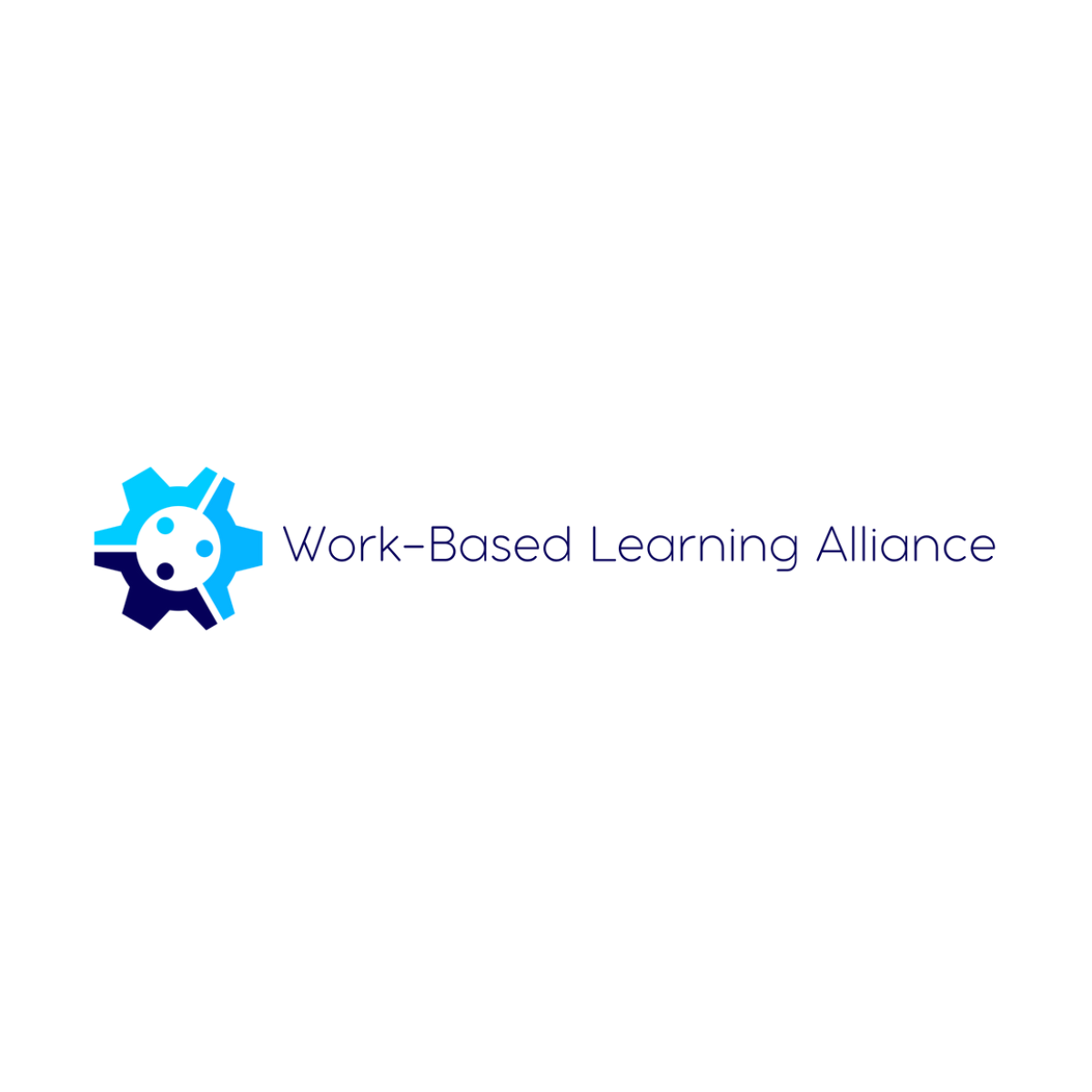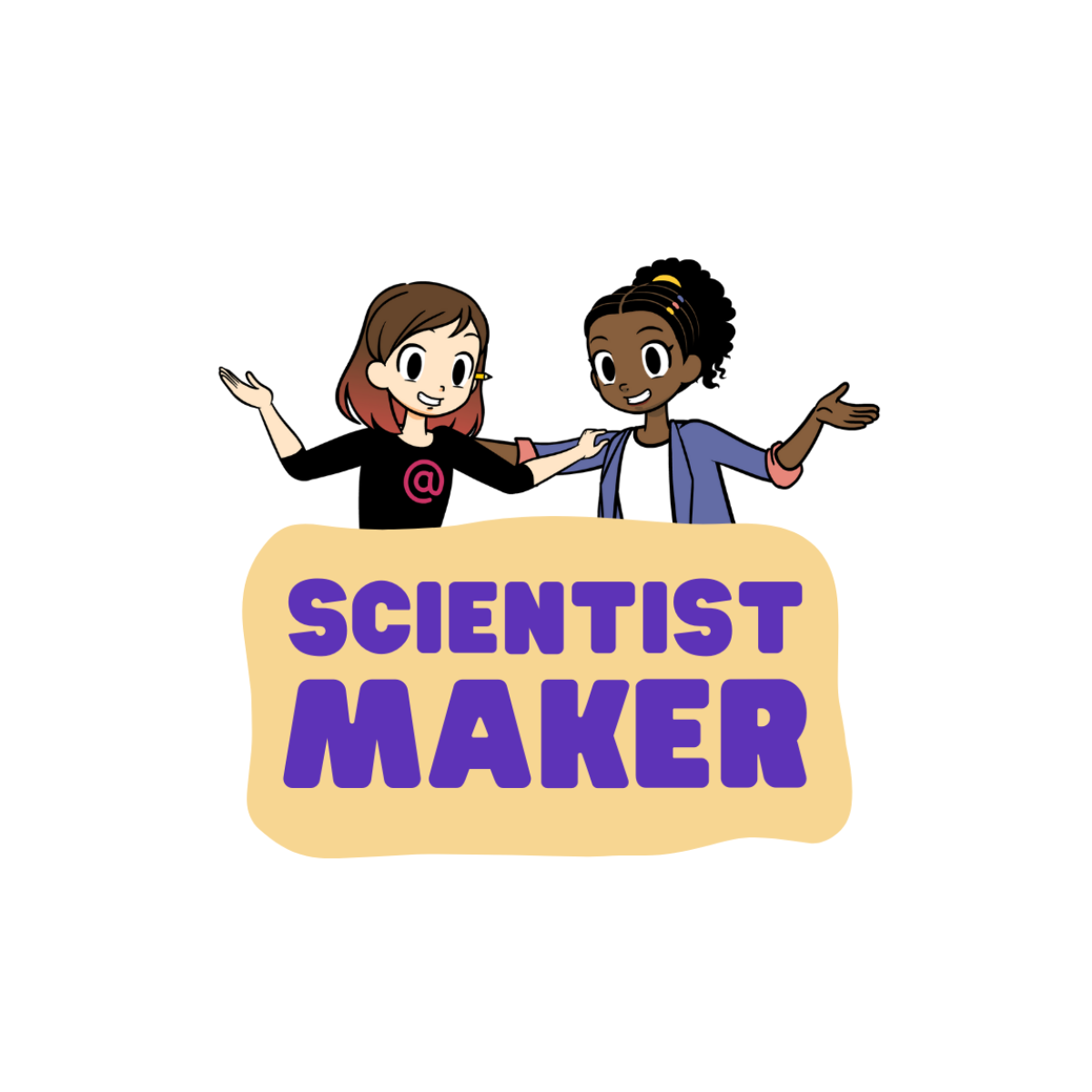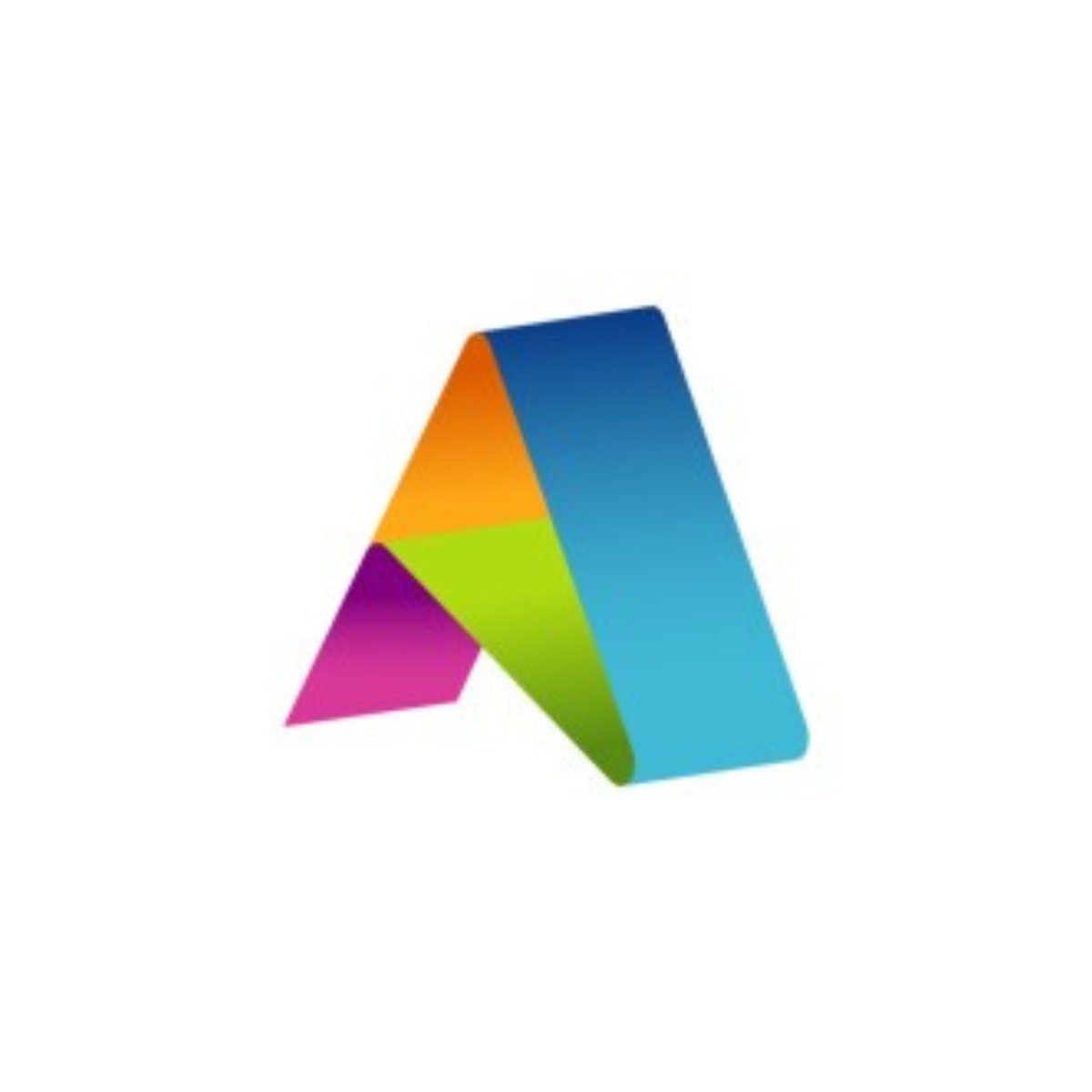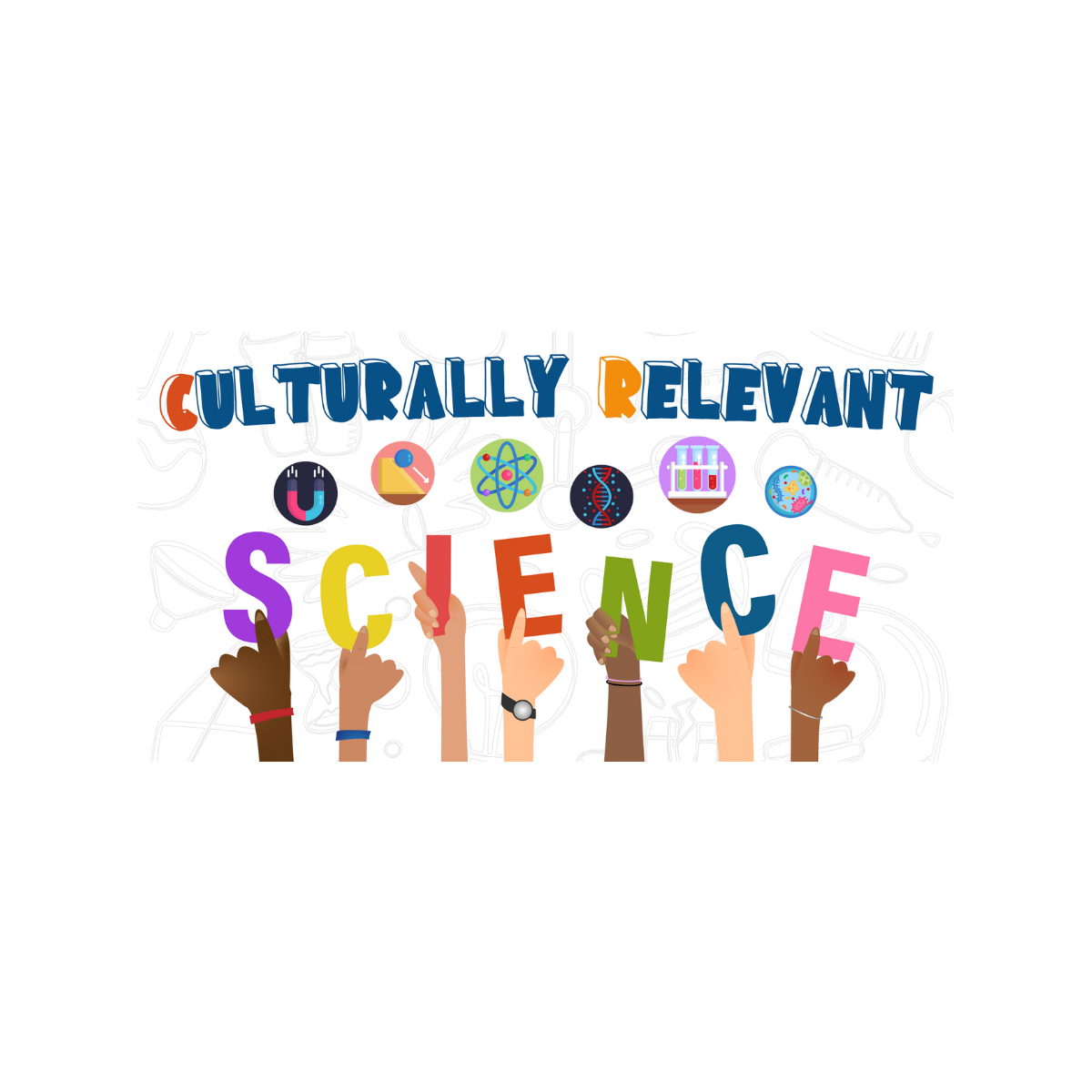Accelerate STEAM Education: The 2025 GM Challenge
How can we increase STEAM learning in the United States, and allow learners of all ages to explore and succeed in STEAM careers?
This challenge has now closed.

Overview
General Motors and MIT Solve are excited to announce Accelerate STEAM Education: The 2025 GM Challenge.
The Challenge seeks inspiring solutions that increase STEAM learning in the United States and allow learners of all ages to explore and succeed in STEAM careers.
Challenge Overview
STEAM education—integrating science, technology, engineering, arts, and mathematics—represents a critical pathway for preparing learners for an ever-evolving world. However, significant barriers prevent many students from accessing quality STEAM learning experiences and pursuing STEAM careers. Current gaps in representation, accessibility, and engagement disproportionately affect some learners, meaning far too few are gaining the skills and confidence needed to thrive in STEAM fields like Information Technology, Automotive and Electrical Engineering, Industrial Manufacturing, and Renewable Energy.
STEAM occupations are projected to grow by 8% between now and 2029, compared to 3.4% for non-STEAM occupations, with median annual wages of $86,980 for STEAM jobs versus $39,810 for all occupations [source]. In order to meet this demand, many more students should have access to the foundational experiences, mentorship, and resources needed to envision themselves in these high-growth, high-wage careers.
Students can struggle to see themselves as "scientists" or "engineers" due to lack of representation and role models who share their backgrounds [source]. Cultural context and examples in educational materials may not resonate with all student populations, and many educational technologies are only available in English. Financial constraints limit per-student funding for critical resources like labs, makerspaces, internship programs, and STEAM extracurriculars, while technical barriers like inadequate broadband prevent access to digital learning tools.
Educators need support to implement effective instructional practices that serve students with diverse learning needs. For example, students with disabilities spend 80% of their day in general education classrooms [source], limiting exposure to STEAM curriculum. Despite being in STEAM majors, students with disabilities are less likely to secure STEAM careers [source]. Teacher professional development opportunities need to support educators in creating welcoming STEAM environments for all learners.
There is tremendous opportunity to leverage technology to address these systemic barriers. Personalized learning platforms can adapt to individual learner interests, styles, and pace while providing culturally responsive content. Immersive technologies like virtual and augmented reality can create hands-on learning experiences for schools lacking physical resources. Digital mentorship platforms can connect students with diverse role models and career pathway exploration tools. For educators, professional development can be augmented with micro-credentialing opportunities, bias training resources, and data-driven instructional improvement tools.
This Challenge seeks innovative solutions that have strong potential to be implemented across diverse educational settings serving learners of all ages. Solutions must benefit all learners but should prioritize strategies that support individuals facing the biggest barriers to opportunity.
We're seeking solutions that improve the quality and accessibility of STEAM education and improve pathways to STEAM careers by addressing one or more of the following key areas:
Build Confidence via Mentorship & Role Models: Help learners see themselves as capable STEAM practitioners and develop a strong identity connection to STEAM fields. Connect learners with mentors and role models who can provide guidance and inspiration.
Research shows that "the role of a mentor or an influential person can have an impact on students' STEAM identity" and "having a mentor is particularly important for students who are at risk for stereotype threat" [source]
Accessibility & Learner Success: Ensure STEAM education is accessible to all, including those with diverse learning needs. Boost learner confidence and engagement through personalized, culturally responsive approaches - leading to increased foundational reading, math, and/or science skills.
Research shows that 82% of students who are confident in STEAM also felt confident in school [source]
Educator Support: Provide teachers with robust professional development and training so that they can better support STEAM learning for all.
Surveys show that elementary school teachers feel far less prepared to teach science and engineering as compared with other subjects, like reading [source]
Pathways to STEAM Careers: Illuminate the multiple pathways to STEAM careers, including those that don't require traditional four-year degrees.
In 2021, "24% of STEAM workers had not attended any college, 17% had attended some college but not earned a degree, 12% held an associate's degree, 28% a bachelor's degree, and 20% an advanced degree" [source]

A prize pool of $250,000
A prize pool of $250,000 will be distributed to up to five winning solutions. Stay tuned for updates!


